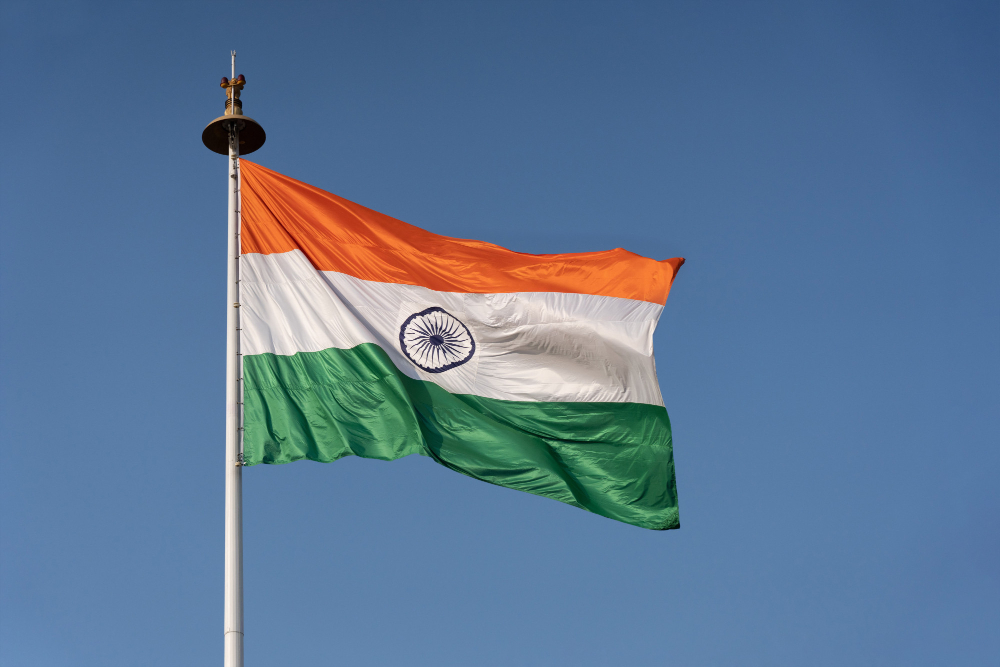National Flag Day 2024: The History and Significance of the Tricolour
National Flag Day is a time to honor the flag and reflect on the values and sacrifices linked to India's freedom struggle.
India's National Flag Day commemorates the adoption of the Indian national flag by the Constituent Assembly on July 22, 1947, just days before the country gained independence from the British on August 15, 1947. This day holds significance as it celebrates the symbol of India's unity, integrity, and sovereignty, as noted by the government website Know India.
Design and Symbolism of the Flag
The Indian national flag, known as the "Tiranga," consists of three horizontal stripes of equal width. The top stripe is saffron (kesaria), representing courage and sacrifice. The middle stripe is white, symbolizing peace and truth, featuring a navy blue Ashoka Chakra (wheel) at its center, which signifies the eternal wheel of law. The bottom stripe is green, denoting growth and auspiciousness. The flag's proportions are in the ratio of 2:3, and the Ashoka Chakra has 24 spokes, representing continuous progress.
Historical Context
The flag's design, adopted just weeks before India's Independence, was chosen to replace an earlier version. The Ashoka Chakra replaced the spinning wheel, or "Charkha," which was a symbol of self-reliance and resistance during the freedom struggle. This change was suggested by Badr-ud-Din Tyabji and endorsed by Mahatma Gandhi.
The Flag Code of India
The Flag Code of India was revised in 2002, allowing citizens to display the national flag on any day, not just on national holidays, provided it is done with respect and dignity. Citizens can fly the flag throughout the year, adhering to guidelines that include hoisting the flag between sunrise and sunset unless it is adequately illuminated at night.
Significance and Observance
National Flag Day is an opportunity to honor the flag and reflect on the values and sacrifices associated with India's freedom struggle. Schools, government institutions, and various organizations often hold ceremonies to pay tribute to the national symbol and educate citizens about its importance.
India's National Flag Day serves as a reminder of the collective identity and ideals embodied by the flag. It stands as a powerful symbol of the country's rich heritage and ongoing journey toward progress and unity.

